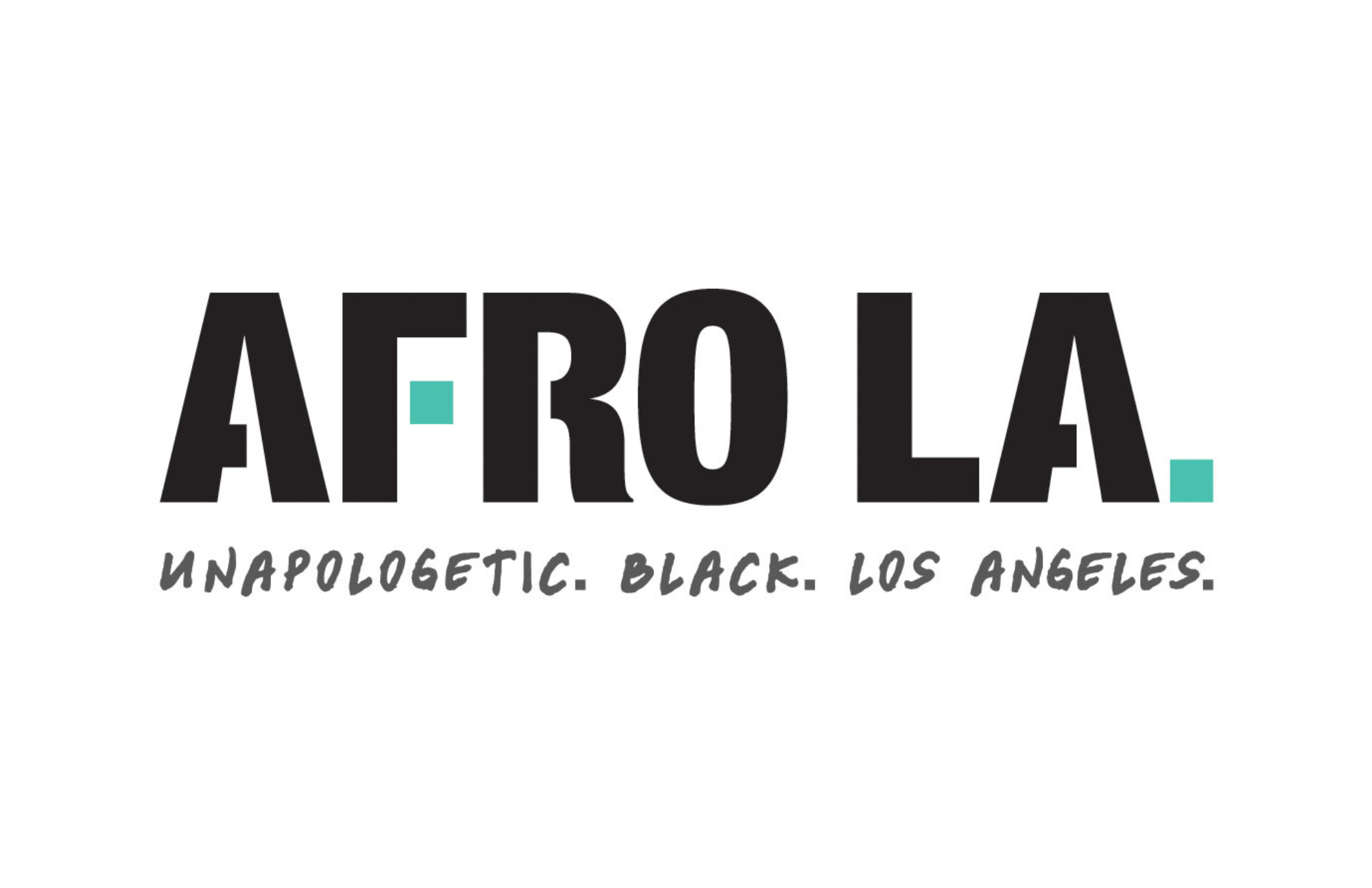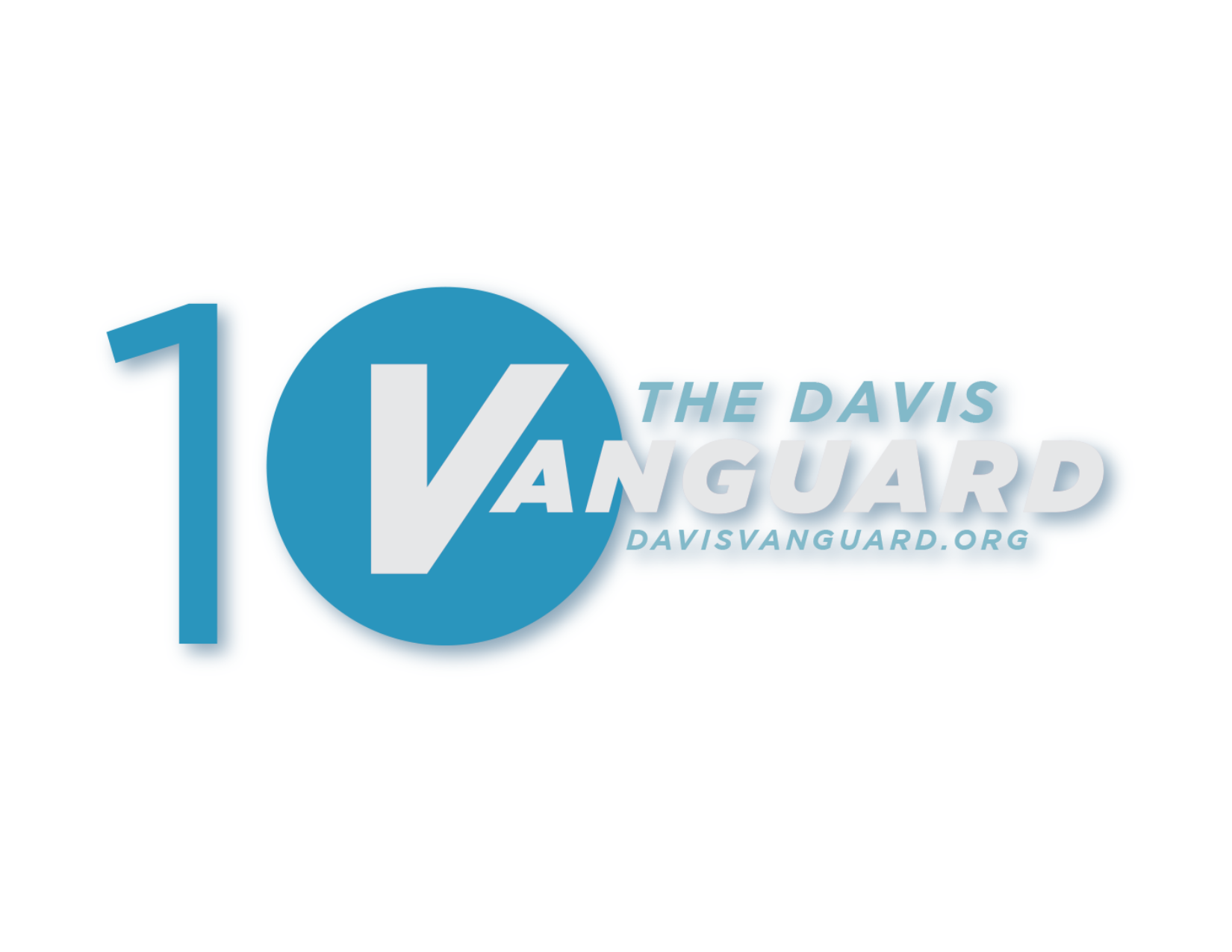
The Research and Action Center at Impact Justice partners with individuals, organizations, and communities to better understand overlapping problems of injustice and evaluate promising solutions, especially from the perspectives of those most impacted. Our studies, which are grounded in the ethics and practices of participatory research, are geared to connect the desire for change with informed action and to be useful to a wide array of stakeholders who have a role to play in meaningful and lasting change.
We center and uplift the experience and knowledge of formerly incarcerated people and others affected by harmful legal systems who are increasingly on the frontlines of change, supporting their work through research, evaluation, and technical assistance. We assist and aim to influence government officials who oversee systems and provide the data and other knowledge that funders need to set priorities. Our accessible research findings also inform the media and concerned members of the public and engage leaders in a growing number of allied fields and professions, from healthcare to food justice; from climate change to tech, and more.
We do research with people, not on them.
We undertake original, break-through studies that open minds, challenge prevailing social narratives, and are tools to reshape policy and practice. Our ongoing, national study of early life traumatic experiences among formerly incarcerated men is one example. Preliminary findings not only underscore the scale of the problem but also the potential for healing to open doors to positive life change at any point in a person’s life.
Our researchers monitor, evaluate, and help to refine Impact Justice’s own innovations, providing the quantitative and qualitative evidence of success necessary to scale and replicate these programs while also yielding valuable lessons for the field. We also evaluate the work of allied community-based organizations, conduct research under contract with government agencies when those studies have the potential to support meaningful change, offer our own analysis of publicly available data, and advise funders drawing on our expertise.
Our work is always intersectional: examining the overlapping and often compounding effects of gender, race/ethnicity, socio-economic status, sexuality, and other crucial dimensions of life and is stronger and more relevant because of the diversity of our staff and their commitment to honoring different ways of knowing.
Learn about some of our projects on these web pages and contact us to learn more about our particular areas of expertise.

